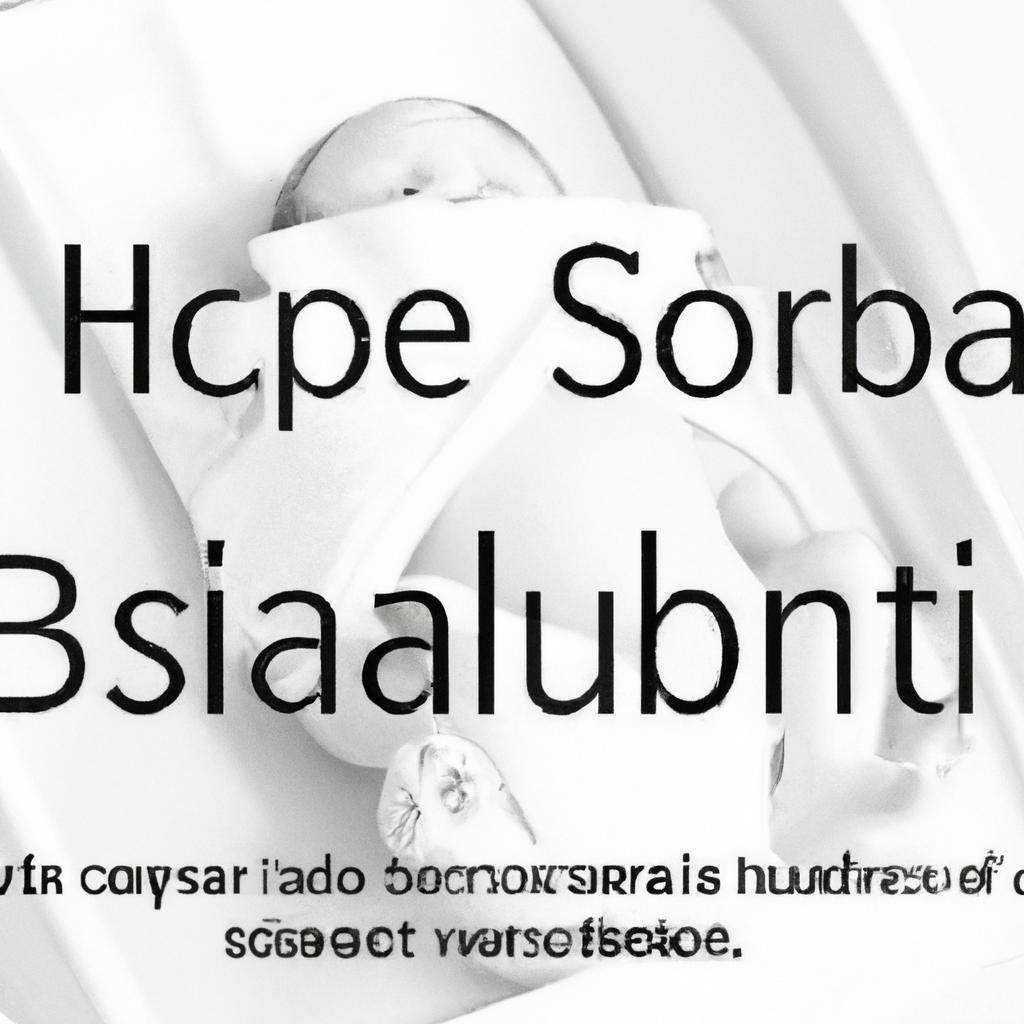In Washington state, hospitals are no longer required to report all babies with prenatal drug exposure to Child Protective Services unless there are safety concerns. This change aims to reduce the stigma against parents struggling with addiction and enhance care at birthing facilities.
The opioid crisis is impacting more families in Washington, prompting the Department of Health (DOH) to implement these changes. Dr. Tao Sheng Kwan-Gett, the chief science officer at DOH, emphasized the importance of providing every newborn in Washington with the healthiest start possible.
Previously, clinicians at birthing hospitals were mandated to report newborns testing positive for illicit substances or experiencing withdrawal to CPS. However, under the new policy, infants can receive voluntary wrap-around services without being reported to authorities.
While hospitals must still report cases where a child is at risk of serious harm due to substance use, not all families with a child exposed to substances during pregnancy require child welfare intervention, according to Ross Hunter, the state secretary of the Department of Child, Youth, and Families (DCYF).
The focus is now on the safety of the child rather than the substance used. Washington is embracing the “Eat, Sleep, Console” model of care, emphasizing a low-stimulation environment, breastfeeding, and skin-to-skin contact. NICU admissions and medications are no longer the primary approach for newborns displaying withdrawal symptoms.
The new guidelines are effective immediately, with hospitals given until January 2025 to update their policies and train staff accordingly. The state is prioritizing connecting families with community-based services to support their needs, reduce risks, and enhance protective factors.
Nationwide, drug overdoses have surged in recent years, including in Washington. Nonfatal opioid overdoses in King County have nearly doubled from 2019 to 2022 and continue to rise. Hospitals have traditionally used the Finnegan Neonatal Abstinence Scoring Tool to assess withdrawal symptoms in newborns, but concerns have been raised about its accuracy and subjectivity.
The Eat, Sleep, Console model focuses on nonmedical interventions and keeping mother and baby together, proving to be more effective in managing opioid-exposed newborns according to a clinical trial reported by the National Institutes of Health. This shift in approach aims to provide better care for newborns and support families affected by substance use.
Hospitals in This State No Longer Required to Report All Substance-Exposed Babies
Learn more about the recent changes in reporting requirements for substance-exposed babies in hospitals in this state and how it may impact healthcare practices and public health initiatives.
Hospitals in This State Are No Longer Required to Report All Substance-Exposed Babies
Recently, hospitals in this state have undergone a significant change in reporting requirements for substance-exposed babies. Previously, healthcare facilities were mandated to report all cases of substance-exposed infants to local authorities, social services, or child welfare agencies. However, new legislation has altered this protocol, leading to a shift in how these cases are handled and documented.
What Does This Change Mean for Healthcare Providers?
With this new regulation in place, hospitals are no longer required to report every instance of a substance-exposed newborn. Instead, healthcare providers now have the discretion to determine which cases warrant reporting based on specific criteria established by the state.
Key Factors for Reporting Substance-Exposed Babies
- Severity of the infant’s condition
- Presence of dangerous substances in the baby’s system
- Parental involvement and willingness to seek help
- Past history of substance abuse or neglect
By allowing healthcare professionals to make informed decisions regarding the reporting of substance-exposed babies, the new legislation aims to streamline the process and prioritize cases that require immediate intervention or support.
Benefits of the New Reporting System
While some may view this change as a potential risk to child welfare, there are several benefits to the revised reporting system:
- Reduction in unnecessary administrative burdens for healthcare facilities
- Focus on cases that pose a higher risk to the infant’s well-being
- Enhanced collaboration between healthcare providers and social service agencies
- Promotion of a more targeted approach to addressing substance abuse and its effects on newborns
Practical Tips for Healthcare Providers
For healthcare professionals navigating this new reporting landscape, here are some practical tips to consider:
- Stay informed about the criteria for reporting substance-exposed infants
- Document all relevant information thoroughly and accurately
- Collaborate with social workers and other support services when needed
- Advocate for the best interests of the child while respecting parental rights
Case Study: Hospital X Adapts to the New Reporting Guidelines
| Hospital | Number of Substance-Exposed Babies Reported | Action Taken |
|---|---|---|
| Hospital X | 10 | Implemented revised reporting protocol based on state guidelines |
In a recent case study, Hospital X successfully adapted to the new reporting guidelines by implementing a revised protocol that aligned with the state’s criteria. By emphasizing the importance of targeted reporting, Hospital X was able to allocate resources more efficiently and provide tailored support to substance-exposed infants in need.
Firsthand Experience: A Social Worker’s Perspective
As a social worker specializing in child welfare, I have witnessed the impact of the revised reporting system on hospitals and healthcare providers. While there are valid concerns about the potential for missed cases or overlooked risks, I believe that empowering healthcare professionals to exercise judgment can lead to more effective interventions and better outcomes for substance-exposed babies.
Overall, the changes to reporting requirements for substance-exposed infants in hospitals in this state reflect a broader effort to improve the coordination of care, promote collaboration between agencies, and prioritize the well-being of vulnerable newborns. By striking a balance between accountability and flexibility, healthcare providers can navigate these new guidelines with confidence and compassion.


